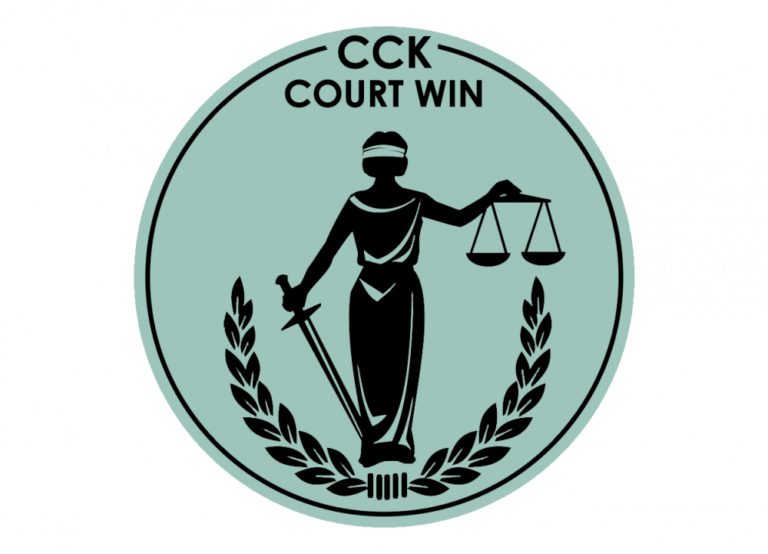BVA errs in denial, Court finds VA examiner failed to opine on aggravation

Summary
The Veteran served on active duty in the Navy from December 1971 to May 1973. After a work accident, the Veteran suffered progressive back pain. He was confined to a wheelchair by 1990. In December of that year, he underwent low back surgery at a VA hospital. Six days after his surgery, he received a diagnosis of a spinal fluid leak, and VA medical professionals performed a corrective surgery. A month later he began experiencing paresthesias and progressive numbness in his left foot. Shortly thereafter his right leg began experiencing similar symptoms.
The VA found that the Veteran’s left leg symptoms worsened due to his back surgery at the VA hospital. Accordingly, the RO granted service connection for left lower extremity neuropathy (LLE). However, the RO concluded that the operation did not worsen the Veteran’s right lower extremity neuropathy (RLE). Therefore his claim for RLE was denied. The Veteran timely appealed. In October 2016, after multiple appeals, the Board denied both direct and secondary service connection for the Veteran’s RLE.
CCK appeals aggravation issue to the Court
CCK successfully appealed to the Court the denial of entitlement for compensation under Section 1151 for neuropathy of the RLE, and entitlement to service connection for the RLE as secondary to LLE. In its decision, the Board relied on a November 2012 VA examination that did not adequately opine on whether the Veteran’s LLE, which he is service-connected for, aggravated his RLE.
CAVC agrees with CCK’s arguments
CCK argued, and Court agreed, that November 2012 examiner did not support his conclusion that the Veteran’s LLE disability did not aggravate his RLE disability. The Court found that the examiner’s “bare conclusion” was only about causation. The Secretary argued that the exam was still adequate. Specifically, he noted that the examiner opined that the Veteran’s “lower extremity complaints is more consistent with alcohol neuropathy and less consistent with L5-S1 conditions.” However, the Court did not agree with this rationale. The Court cited that the exam still only spoke to causation, not aggravation. Accordingly, it remanded the whole decision. The Court instructed the Board to provide adequate reasons or bases for its reliance on the November 2012 examination. It also ordered the Board to conduct further development, if needed.
About the Author
Share this Post
